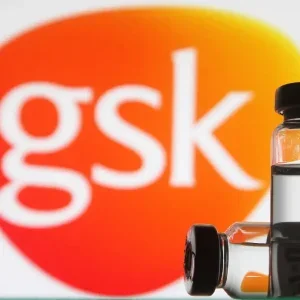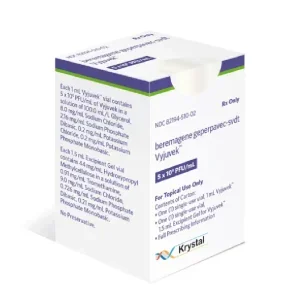
AstraZeneca has announced that its Imfinzi (durvalumab) received approval from the European Union for use in adult patients with resectable muscle-invasive bladder cancer (MIBC).
The treatment involves a combination of Imfinzi with gemcitabine and cisplatin as a neoadjuvant therapy, followed by Imfinzi as a monotherapy after radical cystectomy.
The decision by the European Commission comes after a favourable opinion from the Committee for Medicinal Products for Human Use and is supported by findings from the NIAGARA Phase III trial, published in The New England Journal of Medicine.
The NIAGARA trial demonstrated that the Imfinzi-based perioperative regimen significantly reduced the risk of disease progression, recurrence, surgery omission, or death by 32% compared to neoadjuvant chemotherapy with radical cystectomy alone.
The event-free survival (EFS) hazard ratio was 0.68, with a 95% confidence interval of 0.56-0.82 and a p-value of less than 0.0001. While the median EFS for the Imfinzi group was not reached, it stood at 46.1 months for the comparator group.
At the two-year mark, 67.8% of patients treated with Imfinzi were event-free, compared to 59.8% in the comparator group.
In terms of overall survival (OS), the Imfinzi regimen reduced the risk of death by 25% compared to the comparator group, with an OS hazard ratio of 0.75, a 95% confidence interval of 0.59-0.93, and a p-value of 0.0106.
Median survival was not reached in either group, but 82.2% of patients treated with the regimen were alive at two years, compared to 75.2% in the comparator group.
In 2024, over 35,000 individuals in five major European countries received treatment for MIBC. Despite the curative intent, many patients experience disease recurrence post-surgery with the current standard neoadjuvant chemotherapy. Imfinzi was generally well tolerated, with no new safety concerns observed.
The addition of Imfinzi did not hinder patients’ ability to complete surgery and was consistent with the known safety profile of the combination. Immune-mediated adverse events were manageable and primarily low-grade.
AstraZeneca oncology haematology business unit executive vice president Dave Fredrickson said: “Imfinzi is poised to transform the standard of care for muscle-invasive bladder cancer in Europe as the first and only perioperative immunotherapy for these patients.
“In the NIAGARA Phase III trial, more than 80 per cent of patients were still alive two years after treatment with the Imfinzi regimen, setting a new survival benchmark for a disease that has seen few treatment advances in decades.”
Imfinzi is already approved in the US and other countries for this indication based on the NIAGARA results. Regulatory reviews are ongoing in Japan and other nations.
Additionally, Imfinzi is approved in other curative-intent settings, such as non-small cell lung cancer (NSCLC) and limited-stage small cell lung cancer (SCLC), based on results from the PACIFIC, AEGEAN, and ADRIATIC Phase III trials.






